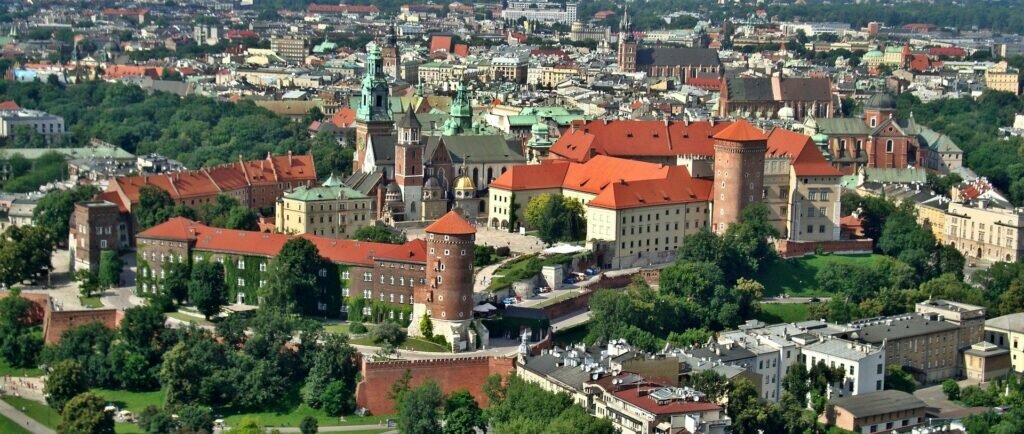
What is the EU Blue Card?
Technically, it is one of the European residence permits. The Blue Card is obtained when you need to move to work. It entitles you to live, work and to travel freely within the European Union. Only highly qualified workers can get the Blue Card.
How does Blue Card differ from a temporary residence permit?
An extended answer to this question is provided in the article EU Blue Card vs Regular Temporary Residence Permit.
Which countries issue the EU Blue Card?
You can get the Blue Card in the following countries: Austria, Belgium, Bulgaria, Croatia, Cyprus, Czech Republic, Estonia, Finland, France, Germany, Greece, Hungary, Italy, Latvia, Lithuania, Luxembourg, Malta, Netherlands, Poland, Portugal, Romania, Slovakia, Slovenia, Spain and Sweden.
Who is eligible for the EU Blue Card?
The Blue Card is issued to highly qualified specialists with higher education who have concluded an employment contract for at least one year. Find a detailed answer in this post.
Do I have to know any language other than English to get the EU Blue Card?
The requirements do not impose any language restrictions. However, speaking additional languages will improve your chances of successful employment.
Which nationalities are excluded from the Blue Card?
Citizens of the European Economic Area (EU, Norway, Liechtenstein, Iceland and Switzerland). Nationals of foreign countries and territories that have constitutional ties to EU member states, such as Pitcairn, Montserrat and Greenland.
What salary do I need to have for the Blue Card?
In order to receive a Blue Card, your wage must be at least 1.5 times the average salary in the country concerned.
How long does the Blue Card last?
Each country has a different timeline. Usually, the card is issued for the duration of the employment contract, with a maximum term of 4 years (e.g. in Germany).
Can the Blue Card ensure permanent residence in the EU?
Yes. Depending on the country, after two to five years, you may apply for a permanent residence.
Where do I apply for a Blue Card issue?
It depends on the applicant’s whereabouts. If you are outside the EU, you should contact the embassy of the country to which you plan to go. Depending on the country, this can be either a visa request or a request directly for the Blue card.
Get more info in the article How do I apply for the EU Blue Card?
How can I make my family join me?
You immediately have the right to move in with your family. Spouses and minor children receive a temporary residence permit for the duration of the Blue Card of the main applicant. Spouses do not need to know the local language. Family members will have unlimited right to work (both for hire and in their own business).
Can I change my employer?
The employer with whom the Blue Card was obtained through an employment contract is indicated on the Blue Card (or its attachment). In most countries, if you change employers within the first 2 years, you must first obtain a permit to do so. But it will be automatically granted if the salary with the new company is not less than the needed threshold for the Blue Card. The new Blue card will include your new employer.






